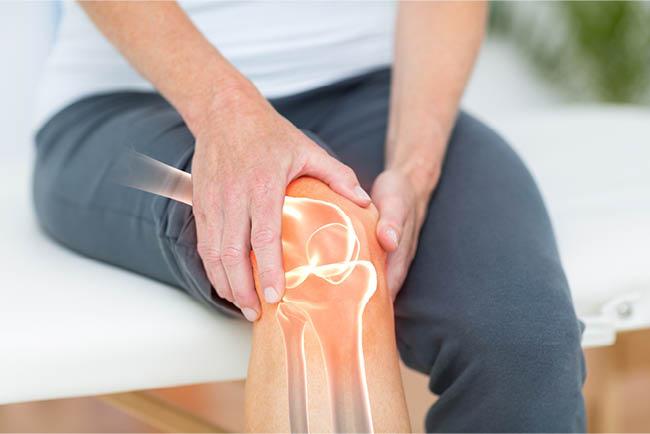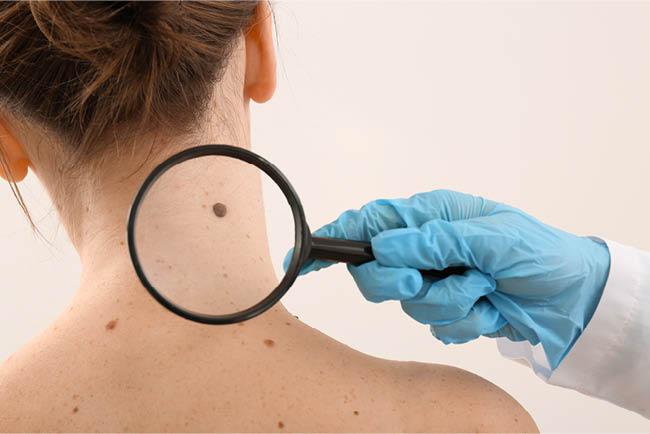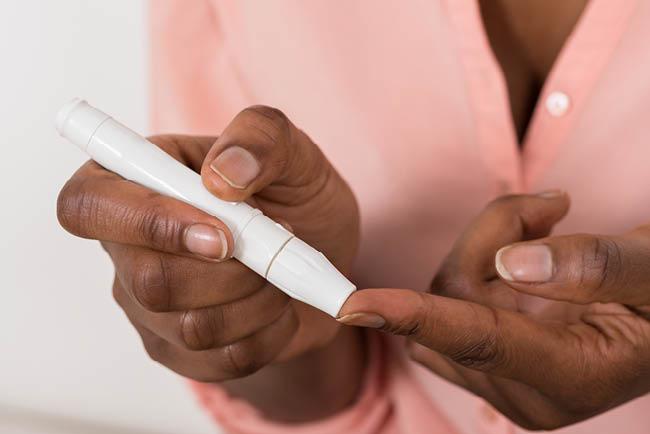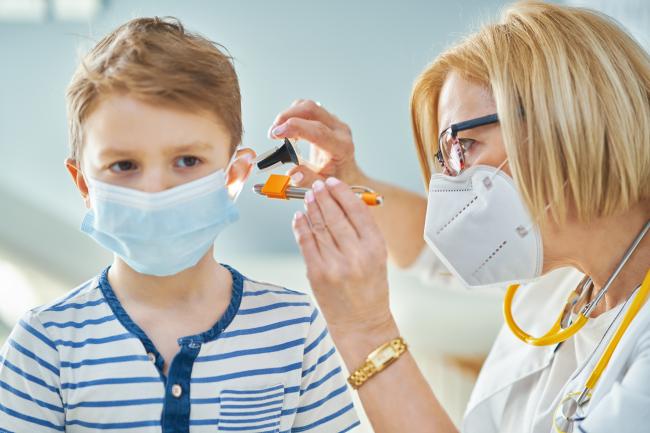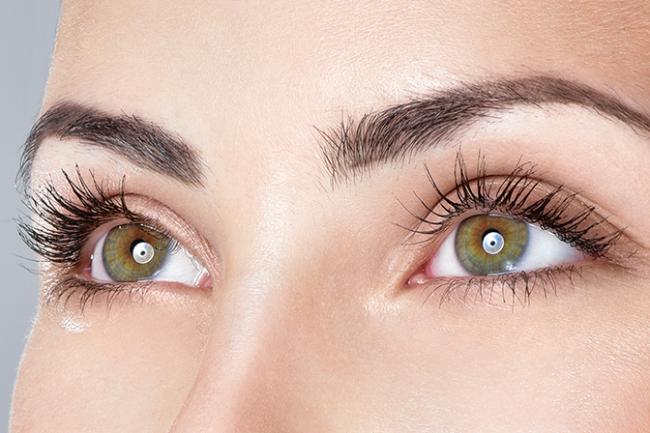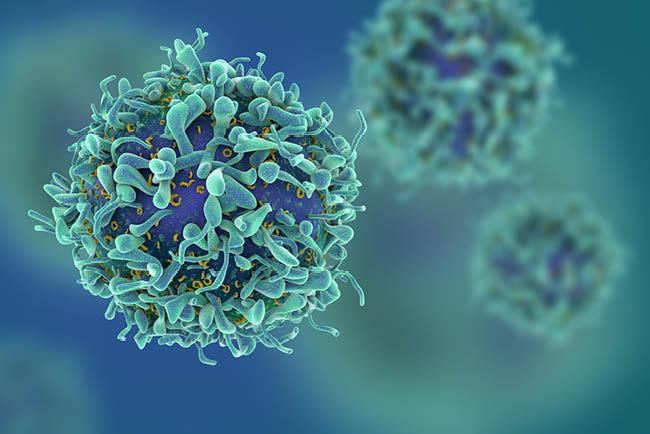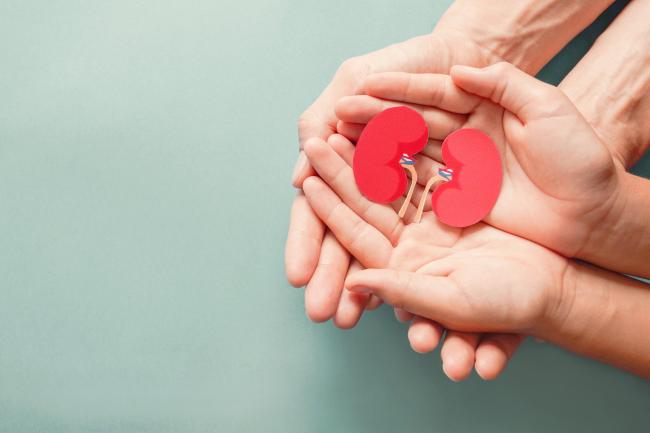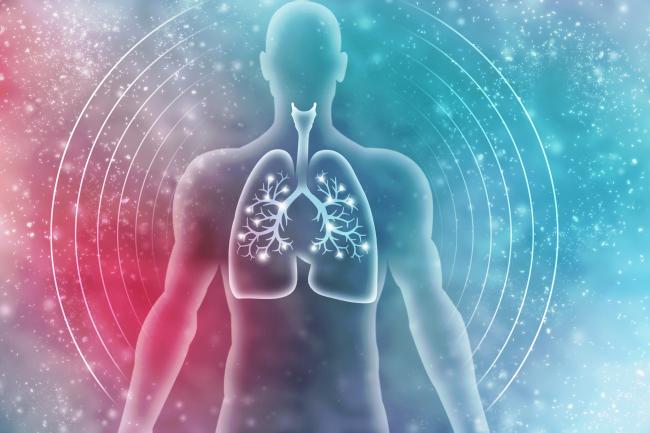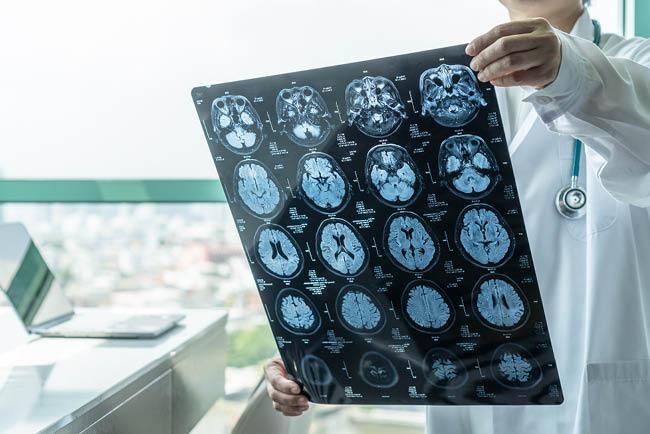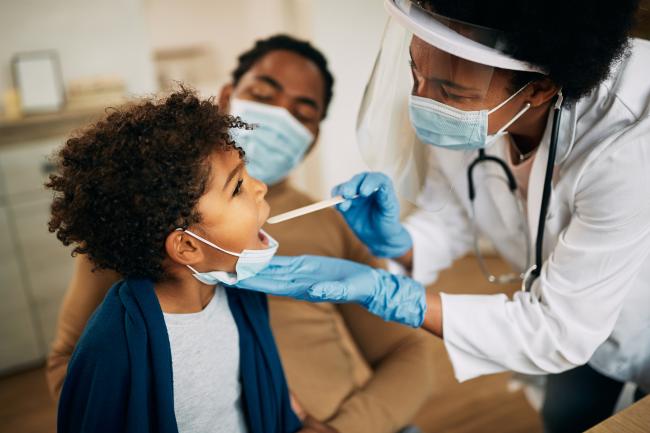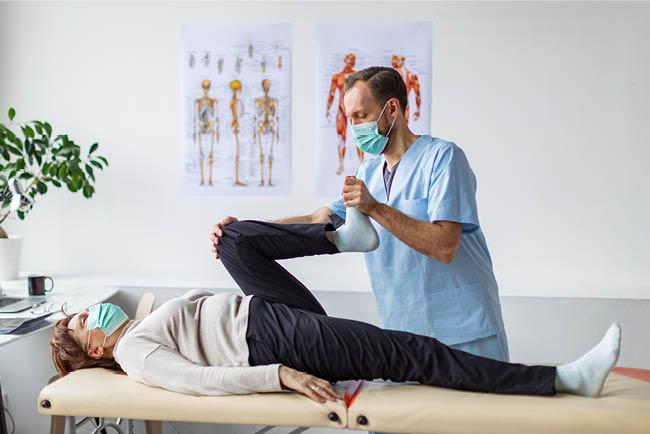Research studies are looking for volunteers just like you. Both healthy volunteers and participants with specific health conditions are needed to help answer important questions impacting the health of our friends and family. Join us to improve the health of others.
Study Categories
-
A Registry for Those with Hypophosphatasia (HPP)
Official Title
AN OBSERVATIONAL, LONGITUDINAL, PROSPECTIVE, LONG-TERM REGISTRY OF PATIENTS WITH HYPOPHOSPHATASIAPurpose
The purpose of this registry is to collect information about Hypophosphatasia (HPP), a rare bone disorder characterized by the abnormal development of bones and teeth. This long-term registry will collect and store patient medical information, and other related information to use in medical research. the registry may help researchers better understand the condition and learn more about patients who have HPP. This data may help other people with HPP in the future.
Could this study be right for you?
- 18 years of age or older
- Been diagnosed with Hypophosphatasia (HPP)- a rare genetic disorder characterized by the abnormal development of bones and teeth.
- Not participating in another Alexion-sponsored clinical trialAge Range
18 and up -
A Study About Brain Activity and Suicide Prevention Strategies
Official Title
Neural Mechanisms and Predictors of an Ultra-Brief Suicide Prevention StrategyPurpose
This research study will look at how patterns of brain activity influence thoughts and behaviors. This research is being done to better explain why people have thoughts about suicide and how different suicide prevention strategies impact brain responses to emotional information.
Could this study be right for you?
Eligibility Criteria includes:
- 18-65 years old
- generally medically and physically healthy
- current suicidal ideation and intent OR no lifetime history of DSM-5 disorder, no lifetime suicidal intent or lifetime suicide attempts
(partial list of inclusion criteria)Exclusion Criteria:
- Diagnosis of bipolar disorder, schizophrenia, mania, or psychosis
- Currently pregnant (positive pregnancy test), or trying to become pregnant (female)
- Presence of ferrous-containing metal in the body
- Inability to tolerate enclosed spaces
(partial list of exclusion criteria)Age Range
18 and up -
A Study about Fitness, Aging, and Stress in People with Traumatic Brain Injury
Official Title
Fitness, Aging, Stress & TBI Exposure Repository (FASTER)Purpose
The purpose this study is to examine how individual differences in health changes (muscle strength, blood pressure) and behavioral changes (sleep, physical activity) impact memory, attention, and the brain. We study these relationships in among a variety of older adults, including those with a history of concussion, traumatic brain injury (TBI), and posttraumatic stress disorder (PTSD). The long-term goal of this project is to identify modifiable factors that exacerbate or protect from age-related cognitive decline.
Could this study be right for you?
Eligibility Criteria: • Aged 18 years and older • Speak English • History of concussion, traumatic brain injury, and/or posttraumatic stress disorder • Must have primary care physician
Age Range
18 and up -
A Study About Recovery After ACL Reconstruction (RARE)
Official Title
Disability after ACL Reconstruction: Development of an Alternative Model of CarePurpose
The anterior cruciate ligament (ACL) in your knee can be injured and treated with an ACL reconstruction surgery. An ACL reconstruction may impact function, muscle strength, the way you move, and knee joint health. However, outcomes at 2 years after ACL reconstructions in young persons are not well-understood. Findings from this study will provide information regarding the clinical, function, muscle strength, and movement patterns after ACL injury and reconstruction to help inform physicians and physical therapists who work with these patients.
Could this study be right for you?
You may be eligible if:
1. You are between the ages of 16-35 years old
2. 2 years (+/- 8 months) status post ACL Reconstruction
3. Regularly participated in physical activity prior to their ACL injuryAge Range
16 and up -
A Study Comparing Upadacitinib to Dupilumab in Adult Subjects with Moderate to Severe Atopic Dermatitis
Official Title
M16-046: A Phase 3b Multicenter, Randomized, Double-Blind, Double-Dummy, Active Controlled Study Comparing the Safety and Efficacy of Upadacitinib to Dupilumab in Adult Subjects with Moderate to Severe Atopic DermatitisPurpose
The purpose of this study is to compare the effectiveness and safety of upadacitinib (ABT-494) versus dupilumab for the treatment of adult subjects (18-75 years of age) with moderate to severe atopic dermatitis (AD) who are candidates for systemic therapy.
Could this study be right for you?
- Subject must have chronic Atopic Dermatitis (AD) with onset at least 3 years prior to study participation - Subject must have > or = 10% body surface area involvement of atopic dermatitis - Subject must have had inadequate response to topical corticosteroids or topical calcineurin inhibitors within the past 6 months - OR documented systemic treatment for AD within the past 6 months - OR for whom topical treatments are otherwise medically inadvisable - No prior exposure to any JAK inhibitor ( eg. ruxolitinib, tofacitinib, baricitinib, upadacitinib, PF-04965842, and filgotinib) - No prior exposure to dupilumab
Age Range
18 and up -
A Study Evaluating Alcohol Use and Anger
Official Title
Aggression and Social-Emotional Information Processing: Neural Correlates During Alcohol Intoxication (Columbus Brain Activity Study or CBA)Purpose
The purpose of this study is to see how alcohol changes brain activity in different groups of study participants who currently drink at least 10 drinks a week and who have (or do not have) “anger issues”. Brain activity will be measured by Magnetic Resonance Imaging (MRI). Total time you will be in the research study will be for about 4-8 weeks from your initial visit.
Could this study be right for you?
- Healthy men and women 21-55 years of age - Drink on a regular basis (~ 10 alcoholic beverages per week) - With a current history of "anger issues" - Able to complete study sessions during the week
Age Range
21 and up -
A Study Evaluating Cognition, Insulin Resistance and Omega-3s (RACIR O-3) in Breast Cancer Survivors
Official Title
Remote assessment of cognition, insulin resistance and omega-3s (RACIR O-3) in breast cancer survivorsPurpose
We are studying the relationships between cognitive function, insulin resistance, and omega-3 fatty acids in the blood and from the diet among breast cancer survivors and women without a history of cancer diagnoses. We hope to learn more about how to potentially protect breast cancer patients from uncomfortable mental changes during and after treatment for breast cancer, such as “chemo brain”.
This is a completely remote study, meaning all study tasks can be completed from the comfort of home. Enrolled participants will complete several online surveys and questionnaires, a Zoom video call for additional assessments, and will be sent materials to complete finger-stick blood sample collections from the comfort of home over a period of 3-4 weeks.
The information we gain from this research study will help us design a future clinical trial to test if dietary interventions can help reduce or prevent cognitive changes like chemo brain in breast cancer patients.
Could this study be right for you?
- Accepts healthy volunteers - YES
- Females
- Age 45-75 years
- Post-menopausal (at least 12 months no menses)
- Stage I-III Breast Cancer diagnosis
- 1-4 years post initial breast cancer diagnosis
- No diagnosis of diabetes
- English speakingAge Range
45 and up -
A Study Evaluating Occupational Therapy Interventions for Children with Autism Spectrum Disorders
Official Title
Characterizing Occupational Therapy Intervention for Children with Autism Spectrum DisordersPurpose
We are actively recruiting typically developing children (ages 6 – 13 years) to participate in a new study looking at attention and sensory processing. In this study, we are investigating what occupational therapy practitioners are doing during therapy for children with autism and to see the effect of occupational therapy on brainwaves and behavior. We will identify differences in brainwaves in children with and without autism. You and your child will be asked to schedule one visit to the EEG lab at Ohio State University. Your visit will last about 2.5 hours and include an hour of EEG testing and one hour of paper-pencil game-like activities measuring attention. We need parent consent, and the parent/guardian will complete assessments about their child as well.
Could this study be right for you?
- Children with no autism or any other medical diagnosis - Your child is between 6 - 13 years of age
Age Range
6 and up -
A Study Evaluationg Decision-making for Young Adults, Older Adults, and Adults with Early Alzheimer’s Disease and Mild Cognitive Impairment
Official Title
Modeling Cognition and AgingPurpose
The goal of this study is to develop models to better understand decision-making for young adults, older adults, and adults with early Alzheimer’s disease and Mild Cognitive Impairment.
This study involves making simple decisions (such as “are there more blue dots or more yellow dots?”) on a computer. Healthy volunteers will also complete basic tasks such as solving puzzles, questionnaires involving numbers, and will be asked to provide basic demographic and health information.
Could this study be right for you?
You may be eligible for this study if:
- You are ages 18-25 OR
- You are age 60-90 and have NOT been diagnosed with a memory disorder OR
- You are age 60-90 and HAVE been diagnosed with either Mild Cognitive Impairment OR mild Alzheimer's disease
- You are a native English speaker
- You are able to see a computer screen and use hands on keyboard/screenAge Range
18 and up -
A study for children with nearsightedness
Official Title
The Chaperone Study: A multi-center, double-masked, randomized, placebo-controlled, phase III study of the safety and efficacy of atropine 0.1% and 0.01% ophthalmic solutions administered with a microdose dispenser for the reduction of pediatric myopia progressionPurpose
Is your child nearsighted?
Nearsightedness, or myopia, is a condition that results in blurry vision when looking at distant objects.
Myopia happens when the eyeball grows too long or the cornea (the clear front cover of the eye) is too curved.
As a result, light entering the eye is not focused correctly. While glasses and contact lenses can help a person with myopia see clearly, they do not address the underlying stretching of the eye.Myopia detected in young children tends to increase through the school years . As myopia progresses, it can increase the risk of retinal detachment, cataracts, myopia maculopathy and even blindness. To date, FDA has not approved any drug therapies for reducing myopia progression.
This is why researchers are working to develop new medications and technologies that may help children and teens with this condition. The CHAPERONE Study is a research study testing the safety and effectiveness of microdosed atropine eye solution to see if it slows the progression of myopia in children.
Could this study be right for you?
- Is your child between 3-12 years old?
- Does your child need glasses to see distant objects?
- Is your child able to go to periodic visits at the study clinic to check his/her vision and overall eye health over a 4-year period (11 scheduled visits will be required)?
- Are you available to speak with study staff by phone periodically between your child’s clinic visits to review your child’s experience using study medication?This study is not for children who have:
- Used atropine or other myopia drug therapies
- Had prior eye surgery
- A systemic disease or condition that can affect their visionAge Range
3 and up -
A Study for New Moms about Pelvic Floor Disorders
Official Title
Pelvic Floor Disorders in the First Year After Childbirth: (PEACH Study)Purpose
The goal of this study is to learn more about problems with urine or stool control, prolapse (feeling or seeing a vaginal bulge), and pain with sex, all which can affect mothers after delivery when they are most busy with their newborn.
If you join this study, you will complete a series of online surveys over a period of 12 months. The surveys will ask about urine and stool control, pelvic issues, and sexual issues. Each survey will take about 5-10 minutes.
Could this study be right for you?
You may be eligible if upon reading this, you:
- Have given birth within the last 10 days at The Ohio State University Wexner Medical Center
- Are 18 years of age or older
- Recently had a full term vaginal delivery of one baby
- Able to speak and read EnglishAge Range
18 and up -
A Study for Night Shift Workers
Official Title
Transcranial Direct Current Stimulation Therapy for Sleepiness Related to Shift Work Disorder (tDCS-SWORD)Purpose
This research study aims to determine the effects of a noninvasive form of brain stimulation on alertness for night shift workers.
Could this study be right for you?
• You are age 18 to 65
• You are currently working the night shift at least 3x/week
• You are suffering from sleepiness at work
• You do not have significant heart and lung problems
• You work within the Columbus, OH areaAge Range
18 and up



